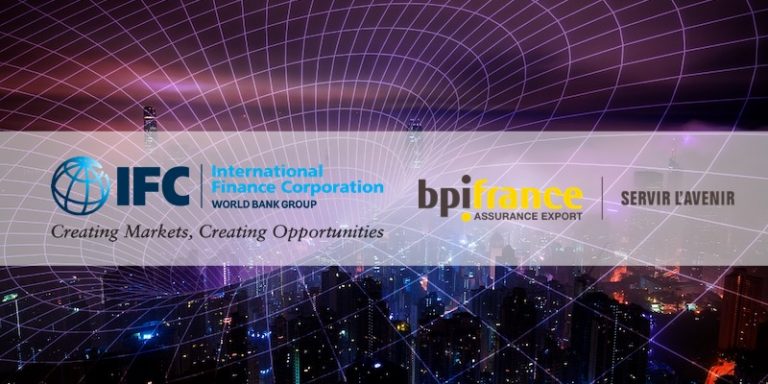
Bpifrance and the International Finance Corporation (IFC) present a new sector note aimed at boosting the financing of deeptechs, companies and start-ups that offer disruptive innovations by creating new products or services. These technologies are proposed to meet the challenges of the 21st century in a wide range of fields: health, society, climate change, environment, access to energy, etc. These innovative solutions can be found in computing, artificial intelligence, biology, chemistry and electronics. The flagship sectors of French deeptech are new materials and photonics.
A new EM Compass sector note published by the IFC in partnership with Bpifrance provides an update on the situation of deeptech in the world, examining the challenges encountered but also the opportunities that it can or could offer.
The United States has the largest number of Deeptech companies in the world: more than 4000. In China, which is in second place, there are only 750, but investment is very high and the country can quickly catch up, according to observers. Germany comes next with 455 companies and France 241. The 2030 plan foresees 100 new companies by 2030.
The main problem for these companies: finding financing
At the beginning, only large groups such as IBM were able to position themselves in deeptech, as industrialization and R&D require a lot of capital. But start-ups are finding their place and are attracting more and more venture capital investments: $76.7 billion in 2020 and already $78 billion over 8 months in 2021.
According to their press release, IFC and Bpifrance study the difficulties encountered by deeptech start-ups in terms of financing and demonstrate the key role played by private and public institutions to accelerate their development and growth. A new approach, more adapted to the specific development phases of deeptech start-ups, rather than the traditional financing rounds of digital start-ups, is proposed. It encourages investors and other stakeholders in deeptech to view investments in the field as financing a solution to a global challenge rather than an individual project.
Nicolas Dufourcq, CEO of Bpifrance states:
“Disruptive technologies address the main societal challenges of tomorrow. Deeptech will be a key lever to ensure greater resilience to global health, climate and economic challenges. These new technologies, most of which are the result of research, respond to long development models that are unique to them. This is why we are convinced of the need to increase and adapt the financing that will enable the companies that carry them to develop.”
The solutions provided by these start-ups, most of which are based in developed countries, can be applied in emerging countries with major health and climate problems. Willam Sonneborn, senior director of disruptive technologies and funds at IFC said:
“New advances in artificial intelligence and quantum computing are enabling revolutionary discoveries in areas such as biotechnology, nanotechnology, advanced manufacturing and clean technologies at an unprecedented rate. These innovations have the potential to solve global challenges and radically change international development as we know it. That’s why IFC is working with leading companies and institutions in the deeptech ecosystem to help promote new technologies in emerging markets where their impact can be even greater.”
Making France a deeptech nation
Bpifrance, a public investment bank whose slogan is “Serving the future”, has the mission of financing and supporting companies in their innovation projects. On January 1, 2019, it launched Bpifrance Création, which combines the missions of Agence France Entrepreneur (AFE) and those of Caisse des Dépôts with the aim of “facilitating entrepreneurship for all by removing the barriers to information, financing and growth.”
It also aims to make France a “Deeptech Nation” and, in January 2019, Bpifrance launched a Deeptech Plan to better support French start-ups and reach the goal of 1,500 start-ups by 2023. This plan was initiated by the government to make France a major player in disruptive innovations and has been allocated €2.5 billion. The Deeptech benchmark is based on 4 criteria:
- the link with research,
- the ability to remove technological barriers,
- the creation of a truly different innovation,
- and a complex go-to-market strategy.
Translated from Bpifrance et IFC veulent booster la Deeptech pour apporter des solutions aux défis du 21e siècle









